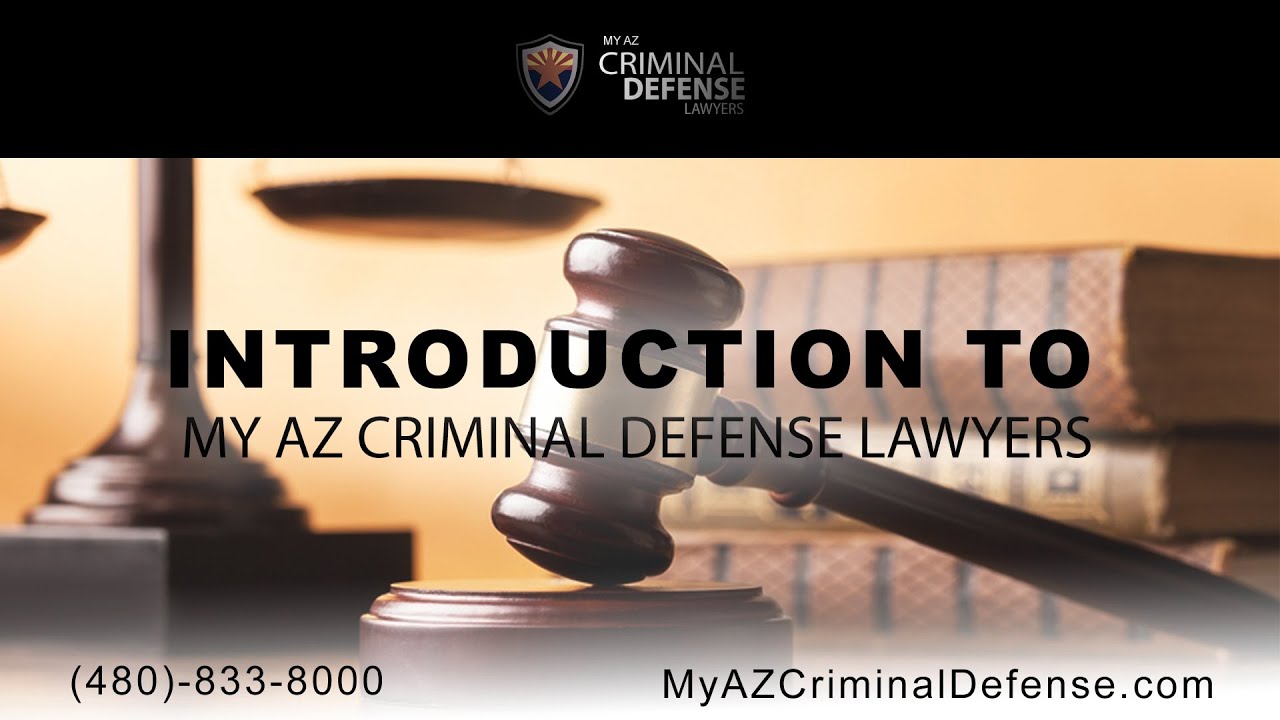What Information to Give in a Car Accident
In the aftermath of a car accident, the adrenaline surges and emotions flare. Amidst the chaos, it’s crucial to compose yourself and provide essential information to ensure your safety, protect your rights, and expedite the claims process. Here’s a comprehensive guide to what facts you should relay to the authorities:
1. Personal Details
- Names and contact information: Clearly state your full name, address, phone number, and email address. Provide the same information for any passengers in your vehicle.
- Driver’s license: Hand over your driver’s license to the police officer. It contains vital information such as your name, address, date of birth, and license number.
- Insurance information: Provide details of your insurance policy, including the company name, policy number, and expiration date. Exchange information with the other drivers involved in the accident as well.
- Vehicle registration: Show the police officer the registration document for your vehicle, indicating its make, model, and license plate number. Ensure that the information matches the car you were driving at the time of the accident.
- Medical history: Inform the police if you or any passengers have any pre-existing medical conditions that may have contributed to or been aggravated by the accident. This information can aid in determining fault and assessing damages.
What Information to Provide After a Car Accident
In the aftermath of a car accident, it’s crucial to exchange information with the other drivers and any witnesses. Here’s a comprehensive guide on what information you should provide:
Names and Contact Info
It’s essential to gather the names, addresses, phone numbers, and email addresses of all involved parties. This information allows you to stay in touch for insurance purposes, medical updates, and potential legal proceedings.
Additionally, obtain the names and contact information of any witnesses who observed the accident. Their accounts can provide valuable insights when filing an insurance claim or pursuing legal action.
Insurance Information
Exchange insurance information, including the insurance company name, policy number, and expiration date. This step is crucial for filing a claim and ensuring proper coverage for damages and medical expenses.
Vehicle Information
Record the make, model, year, license plate number, and VIN (Vehicle Identification Number) of all vehicles involved. This data is essential for insurance companies to identify and process claims.
Accident Details
Describe the accident in as much detail as possible, including the time, date, location, and any contributing factors such as weather conditions or road hazards. Your account will help insurance adjusters and, if necessary, law enforcement officials reconstruct the accident.
Injuries and Damages
If there are injuries or property damage, it’s important to provide details on the severity and extent of the injuries, as well as any visible damage to the vehicles. Take photographs or videos of the accident scene and any injuries for documentation purposes.
Witnesses
Gather the names and contact information of any witnesses who saw the accident. Witnesses can provide unbiased accounts and corroborate your version of events.
Stay Calm and Collected
Understanding what information to give after a car accident can be overwhelming, but it’s essential to stay calm and collected. By gathering all the necessary details, you’ll protect your rights, streamline the insurance process, and ensure the best possible outcome.
What Information to Provide in a Car Accident
In the aftermath of a car accident, it’s imperative to gather essential information to facilitate the reporting process and ensure your rights are protected. One crucial aspect is providing accurate insurance information, which includes the name of your insurance company, your policy number, and the expiration date of your coverage. This information helps identify your policy and expedite the claim process.
Beyond insurance details, it’s equally important to exchange other vital information, such as your name, address, and contact information. This helps keep all parties connected and allows for easy follow-up. Additionally, obtaining the names and contact details of any witnesses is highly recommended. Their accounts can provide valuable perspectives and corroborate your version of events.
Insurance Information
When providing insurance information, accuracy is paramount. Ensure that you convey the correct name of your insurance company, as it appears on your policy documents. Similarly, double-check your policy number and expiration date to avoid any confusion or delays in processing your claim. These details are typically found on your insurance card or policy documents.
It’s worth noting that providing false or inaccurate insurance information can lead to serious consequences, including criminal charges and denial of your claim. Honesty and transparency are crucial in navigating the aftermath of a car accident and ensuring a smooth resolution.
Remember, open and honest communication is key when exchanging information at the scene of a car accident. By providing accurate and complete details, you can facilitate a swift and fair resolution for all parties involved.
What Essential Information to Provide After a Car Accident
In the aftermath of a car accident, the adrenaline rush and confusion can make it challenging to recall vital details. However, promptly exchanging essential information can streamline the claims process, ensure accurate reporting, and protect your legal interests. Among the most critical pieces of information you should provide are driver’s license numbers, insurance details, and contact information.
Driver’s License Numbers
Obtaining the driver’s license numbers of all parties involved is crucial for proper identification and record-keeping. This information allows law enforcement and insurance companies to establish the identities of the drivers and verify their licenses. It also facilitates communication and information exchange between the parties involved.
Step 1: Politely Request
Start by politely asking the other driver(s) for their driver’s license information. Exchange your license numbers as well.
Step 2: Write It Down
Accurately record the license numbers on a piece of paper or in your smartphone. Ensure that you capture all digits and letters correctly.
Step 3: Check for Errors
Once you have written down the license numbers, double-check them to ensure accuracy. Incorrect information can lead to delays and complications in the claims process.
Step 4: Additional Notes
If possible, note any restrictions or endorsements on the licenses, such as restrictions on driving hours or the need for corrective lenses. This information can be helpful in determining fault and assessing liability.
Step 5: Keep a Copy
Retain a copy of the license numbers you have collected for your records. This will serve as a valuable reference in the event of disputes or further inquiries.
What Info to Give in a Car Accident
After a car accident, it’s easy to feel shaken and overwhelmed. But it’s important to stay calm and collect as much information as possible. This will help you file a police report, file an insurance claim, and protect your rights.
Driver Information
Get the other driver’s name, address, phone number, insurance company, and policy number. If there are any witnesses, get their names and contact information as well.
Vehicle Details
Record the make, model, year, and license plate numbers of all vehicles involved. If possible, take pictures of the damage to all vehicles. This will help insurance companies determine who is at fault and how much damage was caused.
Insurance Information
Get the other driver’s insurance company information, including the name of the policyholder, the policy number, and the expiration date. This will help you file an insurance claim and get your car repaired or replaced.
Additional Notes
Make notes about any other details that may be relevant to the accident, such as the time and location of the accident, the road conditions, and whether or not there were any injuries. These details can help you remember what happened and provide evidence to support your claim.
Police Report
If the accident was serious or there were injuries, you should call the police. The police will investigate the accident and file a report. The police report will contain important information, such as the names of the drivers involved, the time and location of the accident, and the cause of the accident. You can get a copy of the police report from the police department.
What Info to Give in a Car Accident
In the wake of a car accident, the aftermath can be overwhelming. Amidst the chaos, it’s crucial to gather your wits and provide essential information to ensure everyone’s safety and well-being. Here’s a comprehensive guide on what information to give in a car accident, so you can navigate this trying time with clarity and efficiency.
Accident Details
After an accident, paint a clear picture of the incident by providing specific details. Describe the location with precision, including the street names, intersection, or nearest landmark. Pinpoint the exact time of the accident, down to the minute if possible. Lastly, lay out the circumstances that led to the accident, describing the events leading up to the collision.
Your Information
Start by providing your full name, address, and phone number. Next, share your driver’s license number and insurance policy information, including the company name and policy number. These details will help authorities identify you and establish your involvement in the accident.
Other Driver’s Information
If possible, obtain the same information from the other driver(s) involved in the accident, including their names, addresses, phone numbers, driver’s license numbers, and insurance details. These details will help expedite the claims process and ensure all parties are accounted for.
Witnesses
If any witnesses were present at the scene of the accident, gather their names and contact information. Their statements can provide valuable insights into what transpired and support your account of the events.
Description of Damage
Take note of the damage sustained by all vehicles involved in the accident. Describe the location, severity, and extent of the damage in detail. This information will be essential for insurance claims and police reports.
Medical Attention
Accidents can leave behind lingering injuries, even if they’re not immediately apparent. It’s wise to seek medical attention after an accident, regardless of whether you feel injured. Describe any pain or discomfort you’re experiencing, and provide details of any medical attention you’ve received.
What Info to Give in a Car Accident
After a car accident, it’s essential to stay calm and collected while gathering information. Here are crucial details you should exchange:
Personal Information
Exchange names, addresses, phone numbers, driver’s license numbers, and insurance company details with the other driver(s) involved.
Vehicle Information
Record the make, model, license plate number, and year of all vehicles involved. If possible, take photos of the scene, including any damage.
Witness Information
If there were witnesses to the accident, get their names, contact information, and a brief statement of what they saw.
Police Report
If the police are called to the scene, obtain a copy of the accident report number and the officer’s name.
Medical Attention
Seek medical attention immediately for any injuries, no matter how minor they may seem. Keep a record of your injuries and medical treatment.
Insurance Information
Provide your insurance company with details of the accident and the other driver’s insurance information as soon as possible. Cooperate with the insurance companies’ investigations.
Injuries and Damages
Document all injuries sustained by yourself, passengers, and the other driver(s). Report any property damage to vehicles, buildings, or other objects. Remember to take photos or videos of all damage.
Location and Time
Note the exact location of the accident, including the street names and nearest intersections. Record the time and date of the accident as accurately as possible.
Additional Notes
Make any additional notes about the accident, such as the weather conditions, road conditions, or any unusual circumstances that may have contributed to the accident.
Providing accurate and complete information in the aftermath of a car accident is crucial for insurance claims, police investigations, and legal proceedings. By following these guidelines, you can protect your rights and document the details of the accident effectively.
What Info to Give After a Car Accident: A Guide to Exchanging Essential Details
After a car accident, the adrenaline coursing through your veins can make it hard to think straight. But it’s crucial to remain calm and collect as much information as possible for both insurance and legal purposes. Here’s a comprehensive breakdown of what you should exchange with the other driver(s) involved:
Driver Information
Start by exchanging basic personal information: full name, address, phone number, and email address. This will help you stay in touch as insurance and legal matters proceed. Don’t forget to note down the other driver’s license and insurance card numbers as well.
Vehicle Information
Record the make, model, year, and license plate number of each vehicle involved in the accident. Take note of any visible damage to both cars, including dents, scratches, or broken glass. It’s also a good idea to snap some photos for documentation purposes.
Witness Information
If there were any witnesses to the accident, be sure to get their contact information. Their statements can be invaluable in proving who was at fault and what happened. Don’t hesitate to ask for their phone numbers, email addresses, or social media handles.
Insurance Information
Exchange insurance information with the other driver(s) involved. This includes the name of their insurance company, policy number, and expiration date. It’s important to note that you should not admit fault or apologize at this point, as it could negatively impact your insurance claim.
Police Report
If the police responded to the accident, obtain the report number and contact information of the officer who handled the incident. This report will provide an official record of what happened, including any citations or charges that were issued.
Medical Information
If you or anyone else involved in the accident has been injured, be sure to exchange medical information. This includes the name and contact information of your doctor or hospital, as well as any pertinent medical records. Getting medical attention promptly is crucial, even if you don’t feel any pain immediately.
Pictures and Evidence
Take pictures of the accident scene, including the damage to both vehicles, any visible injuries, and the surrounding area. These photos can serve as valuable evidence when filing an insurance claim or taking legal action.
Contact Information
Once you have exchanged all of the necessary information, double-check the accuracy of everything. It’s a good idea to write everything down on a piece of paper or enter it into your phone’s contacts list. This will ensure that you have all the information you need when you need it.




Leave a Reply